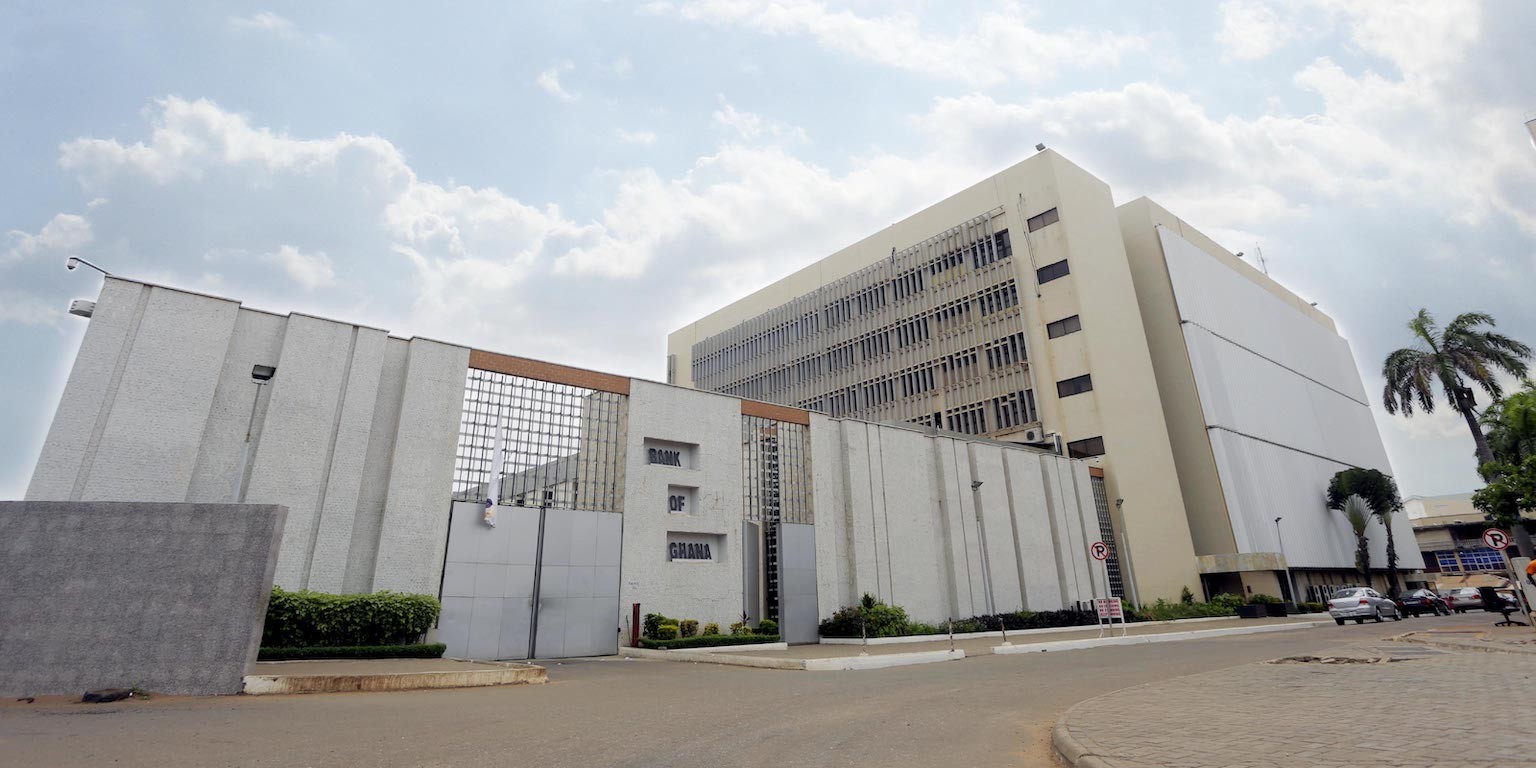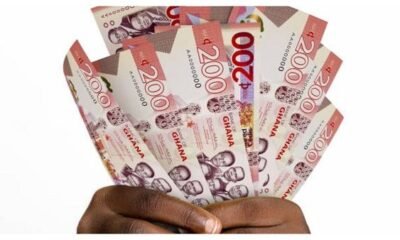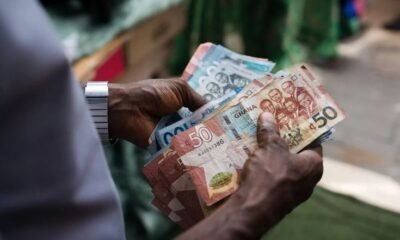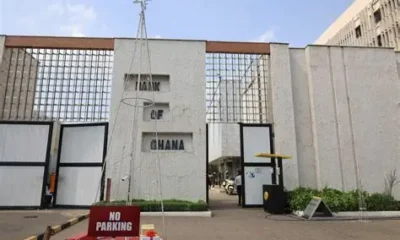Published
7 months agoon
By
Adubianews
In just the first three months of 2025, Ghana’s central bank has already surpassed its entire 2023 foreign exchange market activity—raising red flags for the International Monetary Fund (IMF). According to the Fund’s latest review of Ghana’s economic programme, the Bank of Ghana sold a staggering $1.4 billion in the foreign exchange (FX) market during Q1 alone.
“The Bank of Ghana’s footprint in the FX market continued to increase,” the IMF observed. “Large-scale FX intervention continued in 2025, reaching $1.4 billion in the first quarter.”
This surge reflects a sharp uptick in market involvement compared to $1 billion in total sales in 2023. In 2024, that number tripled to $3 billion, with $2 billion sold in just the final quarter, leading up to Ghana’s general elections.
While the Bank insists the heavy interventions were necessary, the IMF has raised serious concerns. The Fund is calling on Ghana to reduce its FX market role and adopt a formal internal framework to bring transparency and predictability to interventions.
The central bank, when contacted by JoyNews Research in May 2025, linked its aggressive FX sales to persistent dollar obligations in the energy sector, an area heavily reliant on imports.
Monthly foreign currency demands include payments to independent power producers, the West African Gas Pipeline Company, and fuel importers. Alone, fuel imports average $400 million per month, translating into a quarterly burden of approximately $1.2 billion.
Despite the strain, Ghana is not in immediate danger. A mix of high gold prices, stronger remittances, improved cocoa earnings, and successful gold purchases has lifted Ghana’s gross international reserves to $10.6 billion, offering a buffer equivalent to 4.7 months of import cover.
This cushion has allowed the central bank to defend the cedi with confidence. Since opening in 2025 at 14.7 per dollar, the local currency has appreciated significantly, now trading at 10.37 to the dollar, earning it the label of best-performing currency globally so far this year.
Analysts have attributed the cedi’s remarkable strength to a mix of global and domestic factors. These include a weaker U.S. dollar under President Trump’s economic policies, and more critically, Ghana’s tighter fiscal discipline and growing gold windfalls.
Still, many experts caution against over-reliance on commodity booms.
If current trends continue, Ghana’s total FX intervention for 2025 could reach $5.6 billion—almost double that of 2024. However, this hinges on continued strong inflows from gold, whose elevated prices have been doing much of the heavy lifting.
Any slump in gold or cocoa prices could quickly expose the cedi to renewed pressure. And while macroeconomic management has been largely sound, the IMF is pushing for a more rules-based forex strategy.
“Without a clear internal policy on interventions, Ghana risks moving from a stable market to sudden volatility if inflows decline,” the IMF warned.
The cedi’s current performance is promising, but without guardrails and policy discipline, the strength may not last.


IMF Deal Bars Mahama Government from Issuing Sovereign Guarantees — Bright Simons


IMF Did Not Mislabel Ghana’s Gold Losses – Bright Simons Pushes Back


Bank of Ghana Urges Ghanaians to Respect the Cedi as a Symbol of National Dignity


Cedi Turns 60: Bank of Ghana Marks Milestone with National Celebration


Dr. Johnson Asiama Confident Ghana Will Exit IMF Programme Ahead of Schedule


BoG Assures Businesses of Dollar Availability, Cuts Policy Rate


Ghana Prepares to Exit IMF Programme in May 2026 with Investor Reassurance Plans


BoG Cracks Down on Huge Dollar Withdrawals to Protect Ghana’s Economy


BoG to Ban Wilful Loan Defaulters from Credit Access for Five Years

























